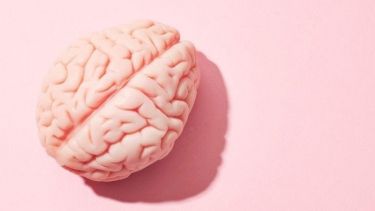HELSI Bites: Identifying the culprits that shape neurodegenerative disease

Event details
Description
Identifying the culprits that shape neurodegenerative disease: From Mug Shot to Surveillance
Presented by Dr Suman De, Research Fellow at the Department of Neuroscience
The gold standard for diagnosing neurodegenerative condition such as Alzheimer's and Parkinson disease is neuropathology – detection of deposits of one or two specific protein(s) in the human brain. For examples, Alzheimer's disease is commonly diagnosed by the presence of two different proteins - amyloid-β and tau whereas, accumulation of α-synuclein and TDP-43 proteins are the hallmark features of Parkinson's and Motor Neuron Disease, respectively. Rather than a mere consequence of neurodegeneration, numerous pieces of evidence suggest that these protein deposition pathways play a causative role. Hence, these disease-relevant proteins are under intense investigation in human biofluid samples as they can serve as a diagnostic biomarker at the early stages of the disease.
Recent discoveries suggest that deposition of one single protein in the central nervous system are sufficient to induce different neurodegenerative diseases with diverse clinical symptoms. For example, tau deposits are commonly found in patients brain of twenty different neurological conditions, including Alzheimer's disease, Supranuclear palsy, Corticobasal degeneration, Pick's disease, and frontotemporal dementia. It is believed that tau is centrally involved in the pathogenesis of these incurable diseases. The presence of the same protein in multiple diseases significantly complicates the diagnosis and the development of disease-modifying treatment for the specific illness.
In this talk, I will discuss how we can overcome this problem by visualising individual protein complexes that form in the patient's brain and determining how these complexes are related to the specific clinical syndromes in different disease. Uncovering these disease-relevant culprits at the molecular, cellular, and neuropathological levels will provide an understanding of underlying mechanisms of pathogenesis, which is fundamental for developing diagnostics and therapeutic approaches.
